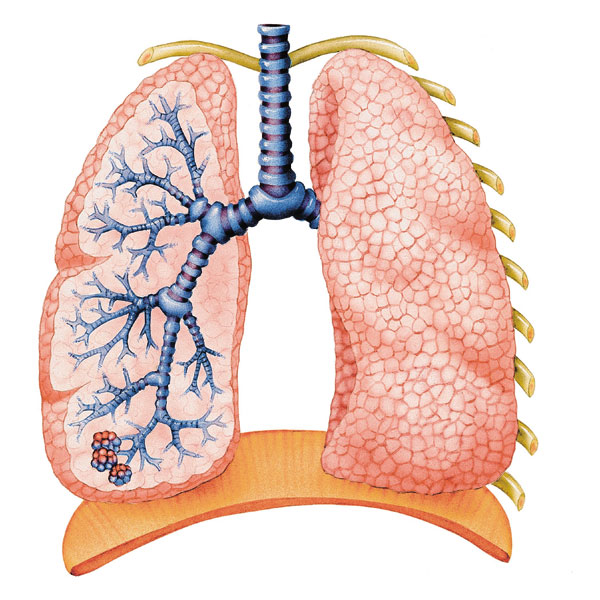Novel therapeutic target for fatal flu lung complication identified
 Washington, Sept 30 : Researchers from Louisiana State University Health Sciences Center have identified a new target that for preventing fatal flu lung complication.
Washington, Sept 30 : Researchers from Louisiana State University Health Sciences Center have identified a new target that for preventing fatal flu lung complication.
The study showed that the novel target could help prevent acute lung injury resulting in acute respiratory distress syndrome, a highly fatal complication of influenza infection.
Interleukin-17 (IL-17), an immune system cell involved in proinflammatory response, is a potent regulator of neutrophils (white blood cells).
Following infection, IL-17 uses a signaling receptor called IL-17RA to direct large numbers of neutrophils to the infection.
Neutrophils play a key role in the development of acute lung injury because they rapidly infiltrate the lung and are an important source of cytokines (immunomodulating agents), a byproduct of which is swelling, fluid in the lungs, and low levels of oxygen in the blood.
The research team led by Dr. Jay Kolls, Professor and Chairman of Genetics at LSU Health Sciences Center New Orleans sought to determine whether blocking IL-17RA signaling would protect against acute lung injury following influenza.
Using an influenza model in control and knockout mice (genetically engineered without IL-17RA), they worked to identify a pathway to control the function of IL-17RA and the migration and action of neutrophils.
They found decreased levels of illness and death among the IL-17RA knockout mice, despite a higher viral load.
The researchers found that the knockout mice had fewer neutrophils in the lung, thus lower levels of inflammation and less lung injury.
The researchers concluded that the therapeutic regulation of IL-17 signaling may be beneficial not only in acute lung injury, but also in treating viral infections of other organs.
The research is published in The Journal of Immunology. (ANI)